481 vocational training facilities, nearly 80% non-public
According to statistics from the Department of Continuing Education - Vocational and University (under the Department of Education and Training of Ho Chi Minh City), as of October 1, 2025, after merging administrative boundaries, Ho Chi Minh City currently has 481 vocational education establishments.
Of which, the public sector has 104 units, the remaining 377 non-public establishments (accounting for nearly 80%), showing that the large proportion belongs to private establishments and enterprises.
According to data as of October 1, 2025, Ho Chi Minh City has:
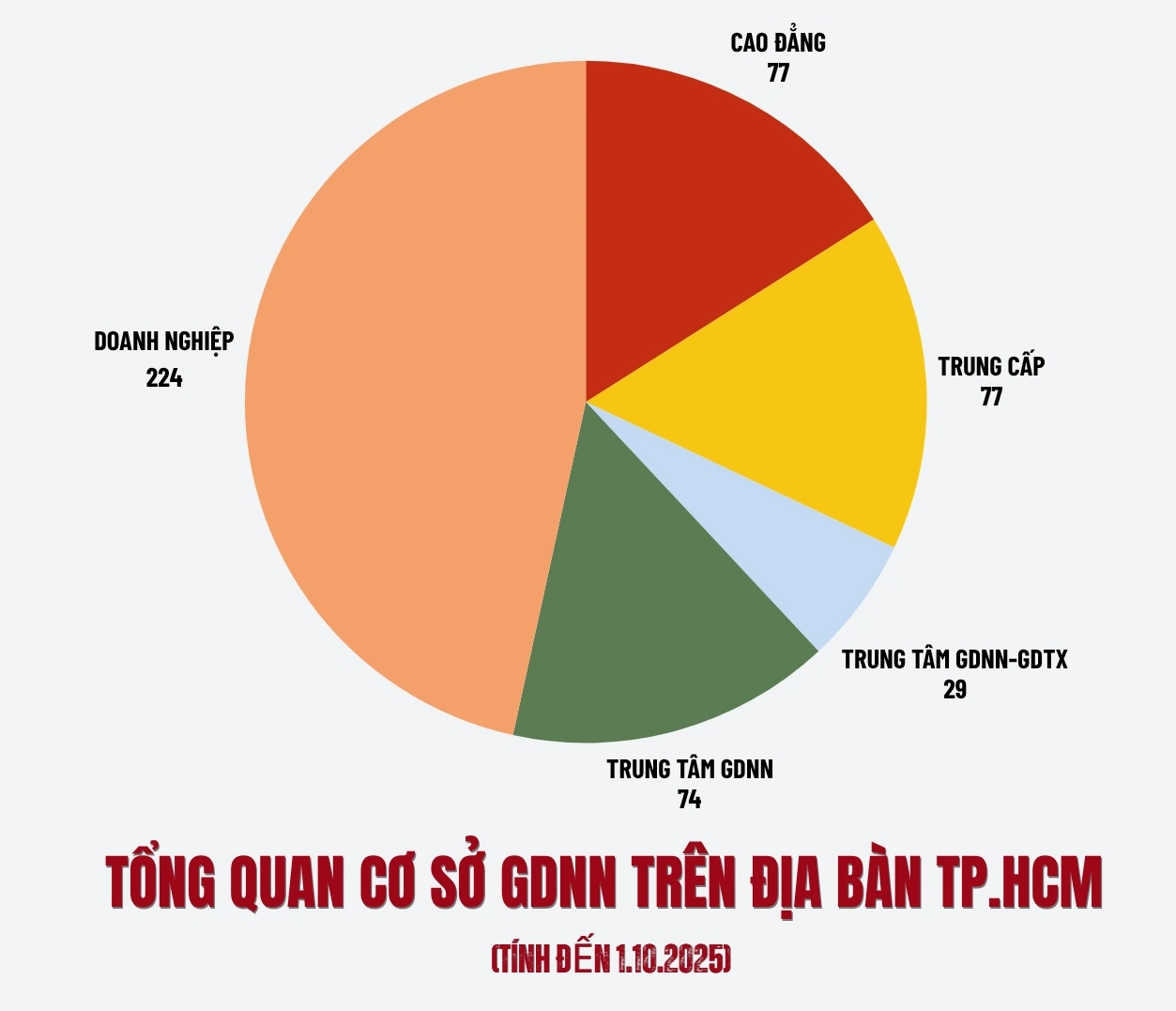
Overview of vocational training facilities in Ho Chi Minh City after administrative unit merger
GRAPHICS: YEN THI
- 77 colleges (41 public, 36 private)
- 77 colleges (26 public, 51 private)
- 74 vocational training centers (6 public, 68 private)
- 29 vocational education and continuing education centers (all public)
- 224 enterprises registered for vocational training activities (2 state-owned enterprises, 222 private enterprises).
Before merging provinces and cities, Ho Chi Minh City had 378 vocational training establishments (79 public and 299 private); while Binh Duong (old) had 66 vocational training establishments (17 public and 49 private) and Ba Ria - Vung Tau (old) had 37 vocational training establishments (8 public and 29 private).
At the conference to provide comments and guidance on the development of the vocational education development strategy in Ho Chi Minh City for the period 2025-2030, with a vision to 2045, held on October 10, Ms. Truong Hai Thanh, Deputy Director of the Department of Education and Training of Ho Chi Minh City, said that by July 1, 2025, the scale of training at all levels of vocational education in the area will reach about 327,000 learners.
"This is a very large number, reflecting the strong demand of society for vocational training and career development, and at the same time posing a great responsibility to management agencies in ensuring training quality, connecting with businesses and meeting integration requirements," Ms. Thanh emphasized.
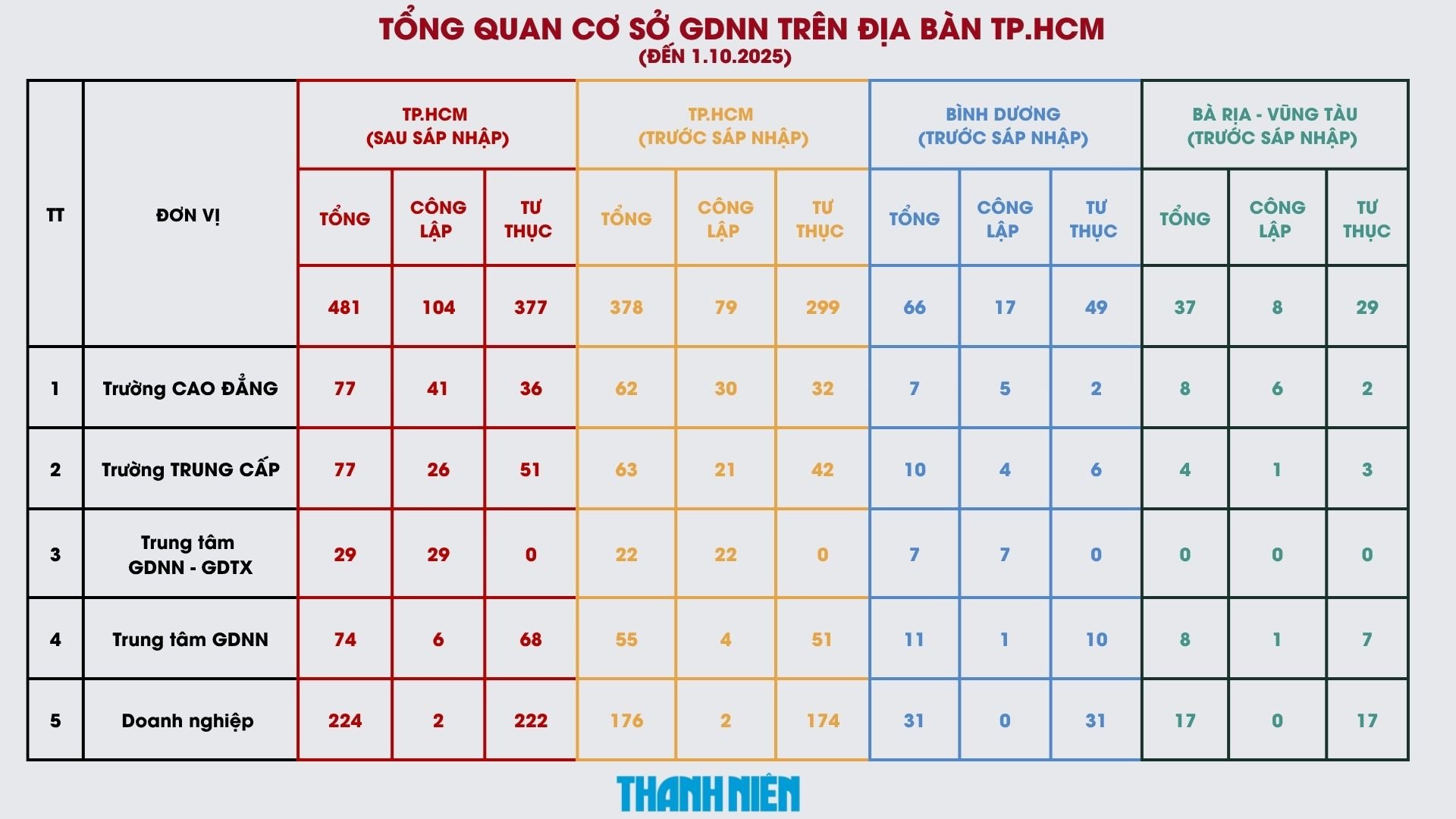
Overview of vocational training facilities in Ho Chi Minh City after administrative unit merger (as of October 1, 2025)
GRAPHICS: YEN THI
Ho Chi Minh City will no longer have public secondary schools after the reorganization of the vocational education system.
Ms. Truong Hai Thanh said that according to the project to reorganize colleges and universities, the reorganization will not be carried out for private schools, only for public schools, and the policy is that there will be no more public colleges. Specifically, colleges will merge with colleges or be upgraded to colleges, with the aim of focusing investment on colleges.
According to the draft plan to reorganize public service units of the Ho Chi Minh City People's Committee, Ho Chi Minh City is not expected to reorganize colleges including: Vietnam - Singapore College; Vietnam - Korea Binh Duong College; Ba Ria - Vung Tau College of Technology, Thu Duc College of Technology, Ho Chi Minh City College of Architecture - Construction; In particular, the semi-public College of Technology and Business Administration will be converted from semi-public to a financially autonomous public school.
In addition, Ho Chi Minh City plans to establish two schools: Saigontourist College of Tourism and Hotel (upgraded from Saigontourist College of Tourism and Hotel) and Ho Chi Minh City College of High-Tech Agriculture (merging Ho Chi Minh City College of Agricultural Engineering, College of Agriculture and Forestry and Center for High-Tech Agricultural Vocational Training).
For the vocational and college sectors, the proposed arrangement is to convert the Suleco Vocational College from public to private. The remaining public vocational colleges will be merged into colleges and upgraded to colleges (according to the college plan). After the arrangement, Ho Chi Minh City will no longer have any public vocational colleges.
It is expected that after the arrangement, Ho Chi Minh City will have 19 colleges, no more public vocational schools.
According to the draft guidelines for implementing tasks for the 2025-2026 school year for vocational education, one of the specific tasks set out in this school year is to continue implementing the project to arrange public colleges and vocational schools in Ho Chi Minh City in the period of 2025-2030.
Accordingly, advise on the work of arranging and reorganizing the network of vocational education facilities, ensuring reasonable distribution, meeting the requirements of socio-economic development and the characteristics of the new administrative units in the two-level local government model; the arrangement process must ensure that educational facilities operate effectively, efficiently, smoothly, without interruption and clearly define the functions, tasks and powers of the units after the arrangement, propose and make reasonable adjustments if necessary.
Deploying an open education system; piloting innovative operating mechanisms for a number of educational institutions in Ho Chi Minh City to improve the quality of local education; flexibly diversifying educational programs, learning methods, applying technology, and digital transformation in education to suit all learners, promoting lifelong learning, and building a learning society.
Develop high-quality vocational training institutions according to regional and international standards. Focus on developing high-quality human resources, especially in the field of application and development of science and technology; promote vocational training to meet market demand. Have preferential treatment policies to attract talents to work in the region. Build Ho Chi Minh City into a place to train high-quality human resources of the ASEAN region in a number of strong industries and fields.
Source: https://thanhnien.vn/sau-sap-nhap-tphcm-co-bao-nhieu-truong-trung-cap-cao-dang-185251013193223017.htm


![[Photo] Solemn opening of the 1st Government Party Congress](https://vphoto.vietnam.vn/thumb/1200x675/vietnam/resource/IMAGE/2025/10/13/1760337945186_ndo_br_img-0787-jpg.webp)





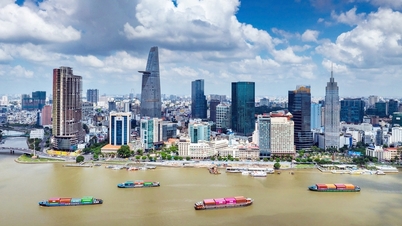

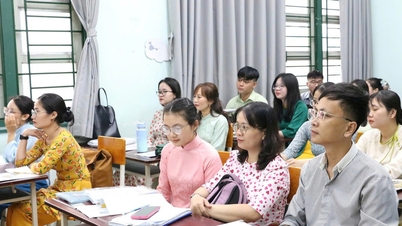


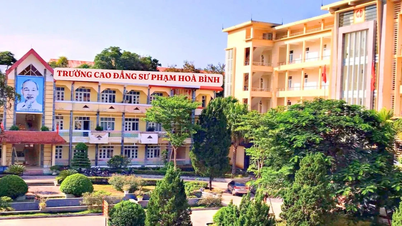






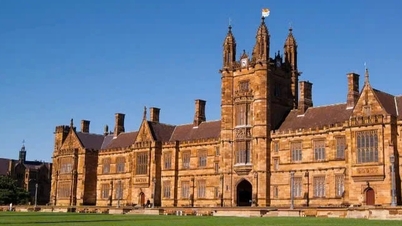












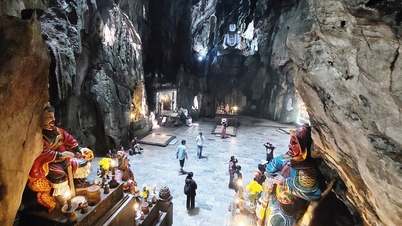
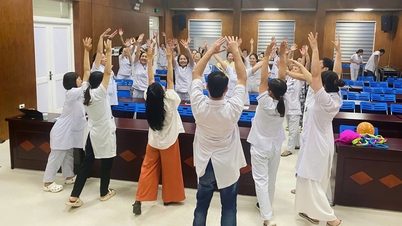

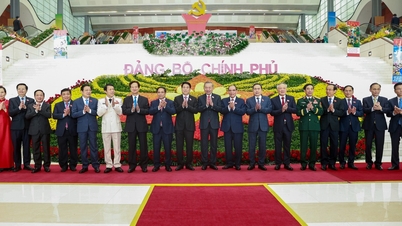
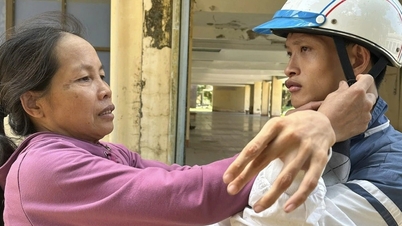
![[Photo] General Secretary To Lam attends the opening of the 1st Government Party Congress](https://vphoto.vietnam.vn/thumb/1200x675/vietnam/resource/IMAGE/2025/10/13/1760321055249_ndo_br_cover-9284-jpg.webp)


















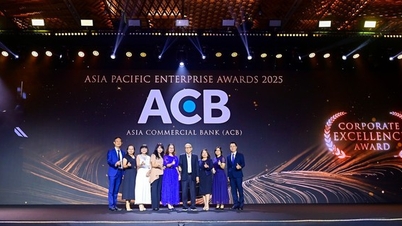










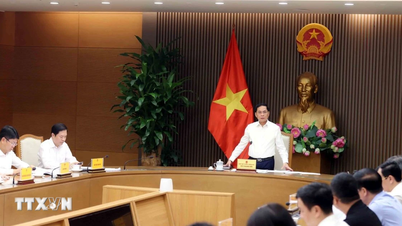

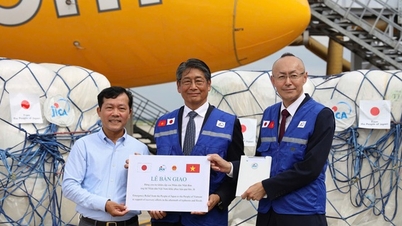
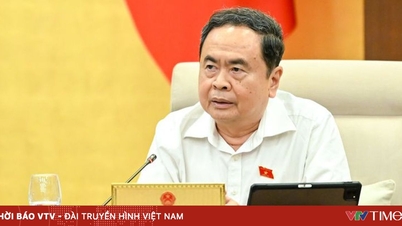

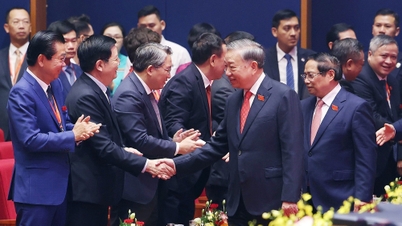





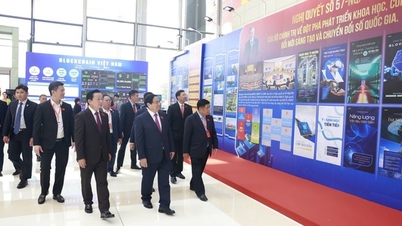
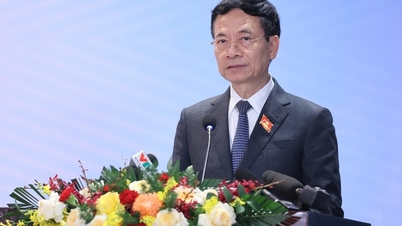


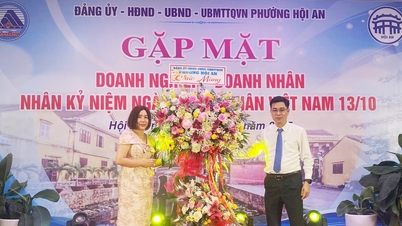



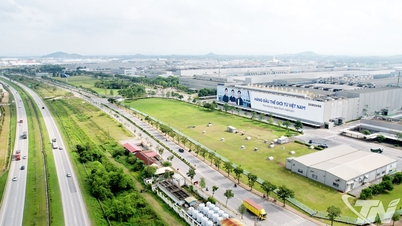

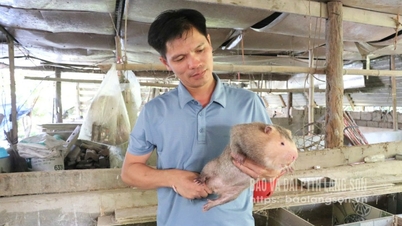















Comment (0)